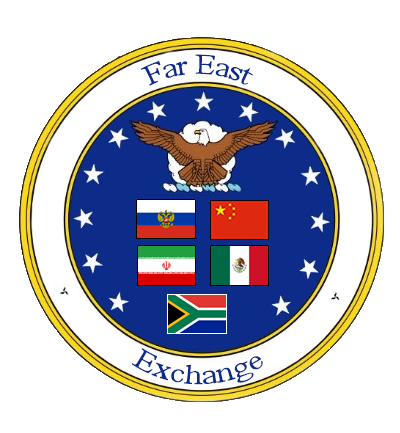






 |
 |
 The Rupee Trial
The Rupee Trial 
 July Tics
July Tics 
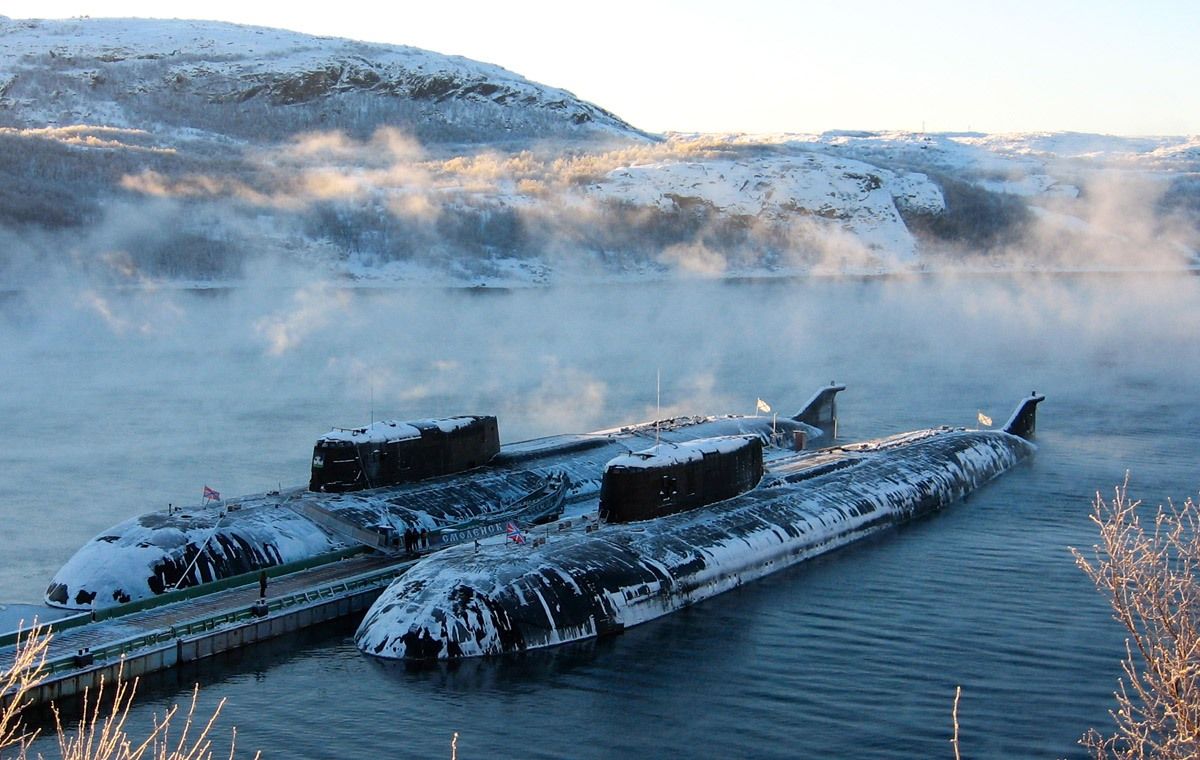
"The Far West"



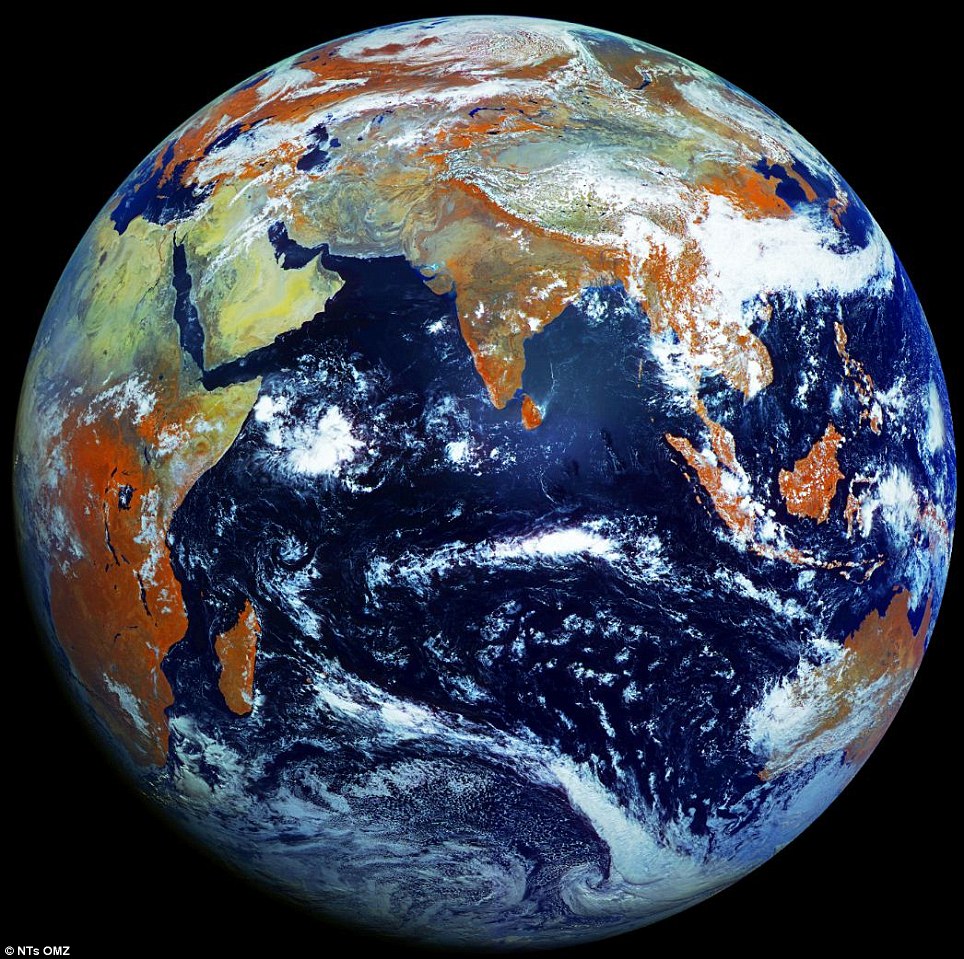 |
"US attempts to salvage the European Order with new Oceania based military coalition" |
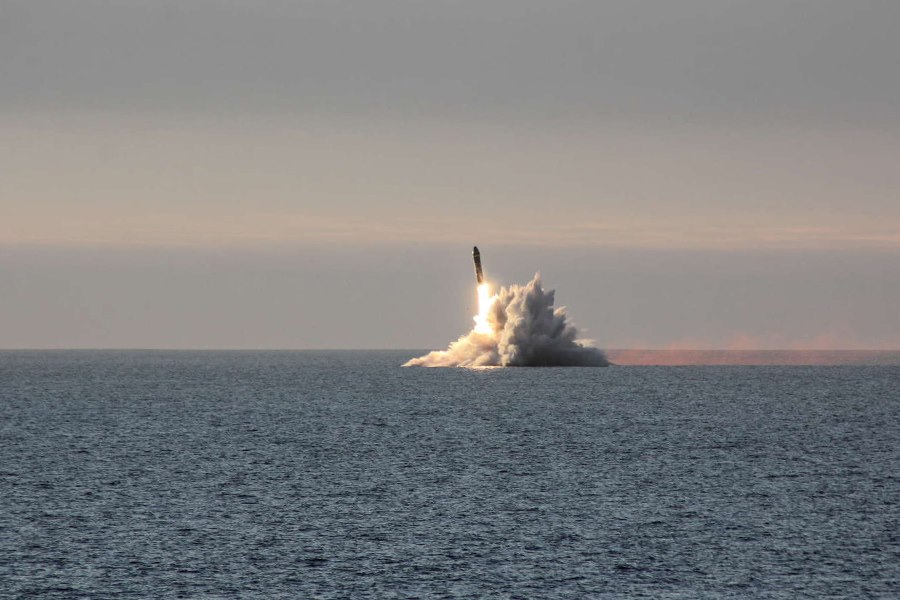 |
 The Bottom Line
The Bottom Line 
 |
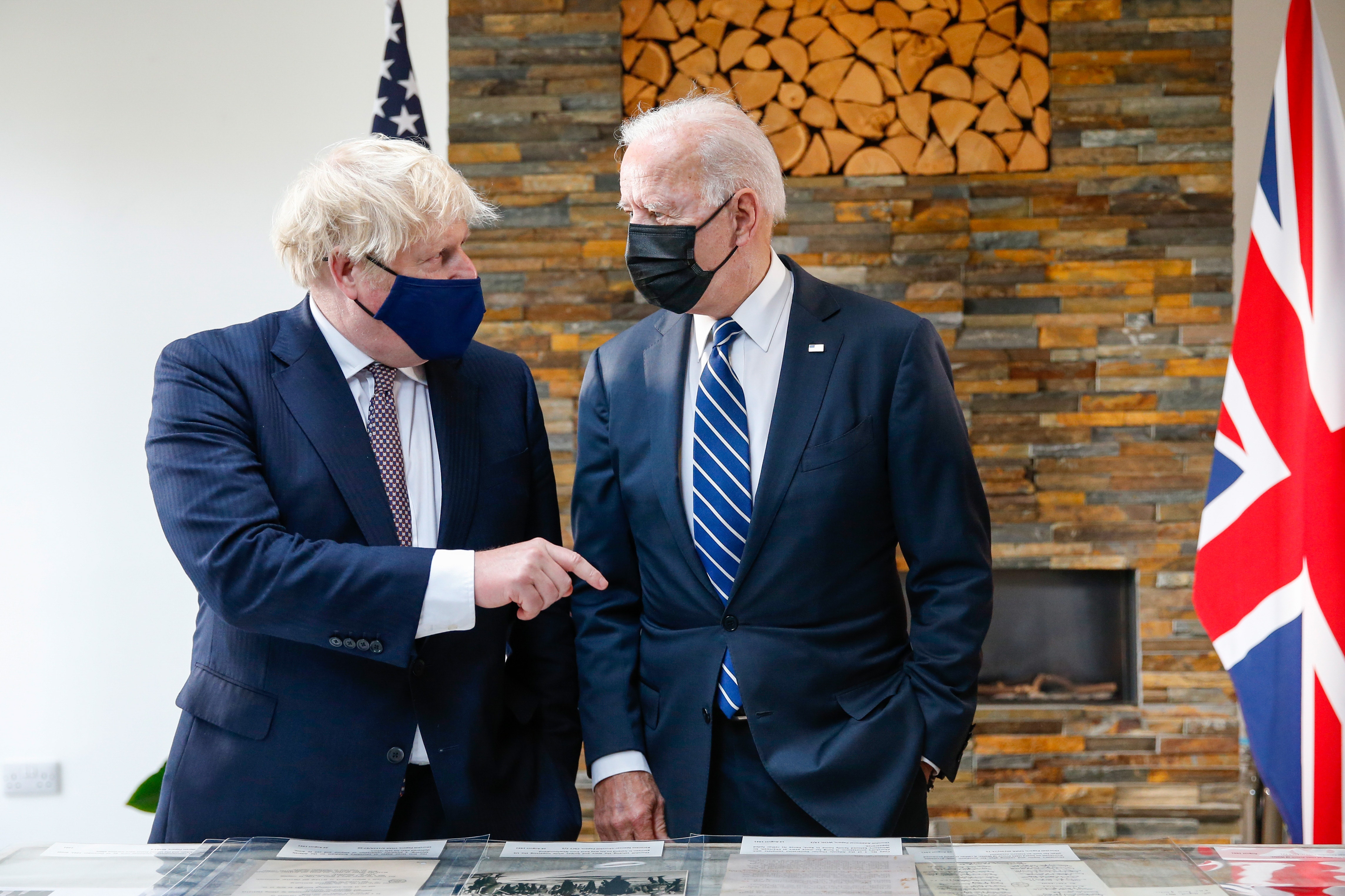 |
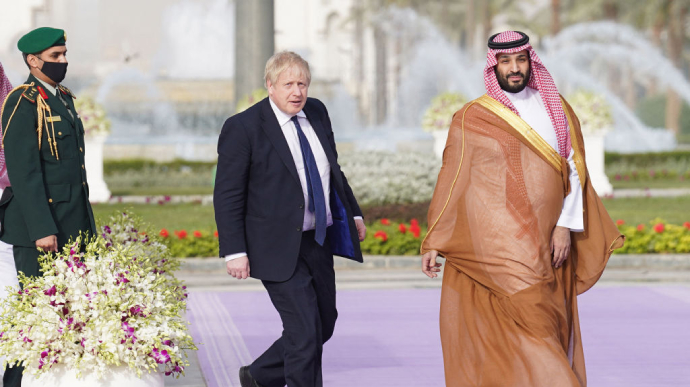 |
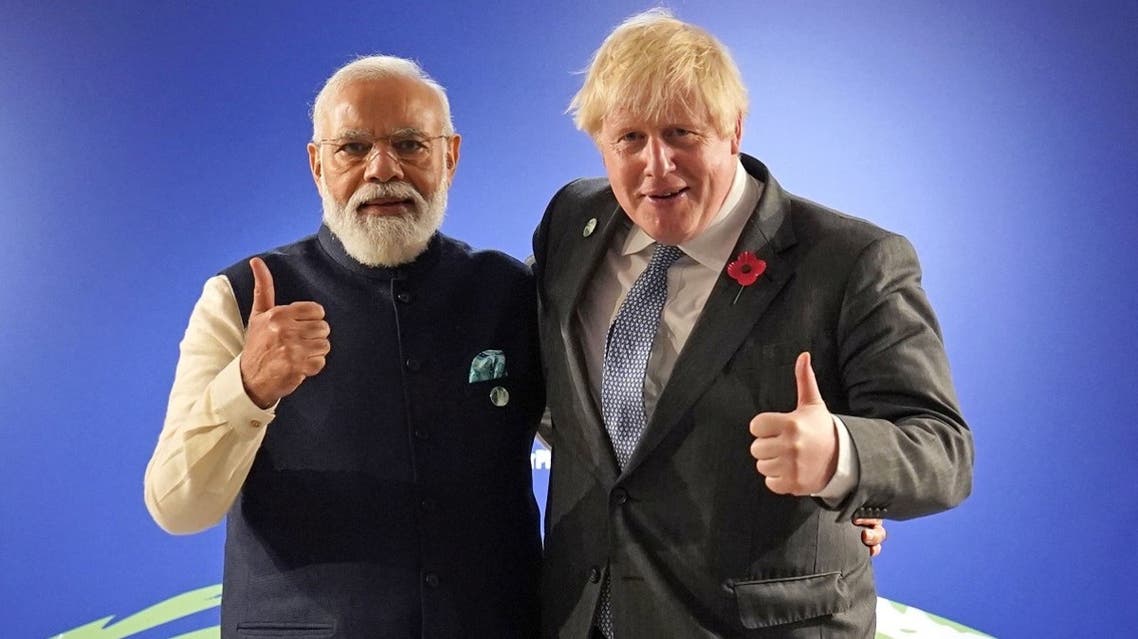 |
 |
Strike Zone
|
|
 |
|
 Russia and Turkey Boost Economic Ties
Russia and Turkey Boost Economic Ties 
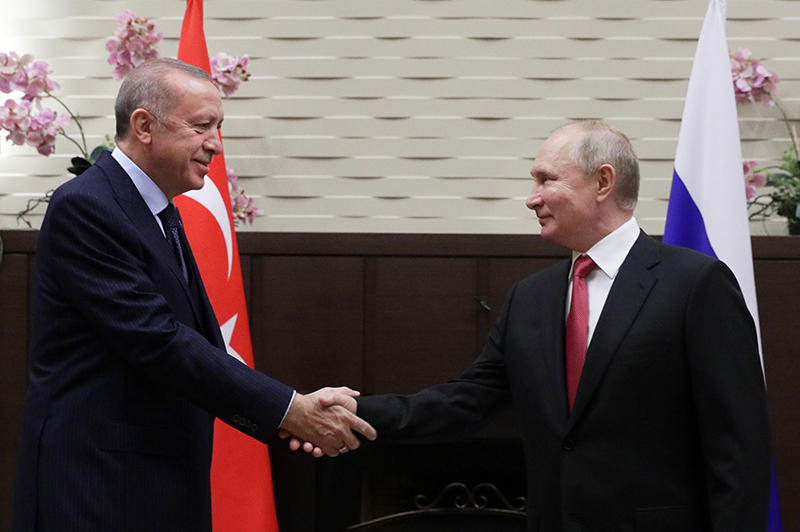
07.08.2022
13:14 PST
SF Bay Area, CA – Geographically, Russia is expanding ties with Turkey which propels international trade in the wake of the Ukraine war while alleviating inflationary pressures from the West. Opportunely, Russia and Turkey have agreed to increase trade volume in the following sectors: transportation, commerce, agriculture, industry, finance, tourism and construction. Reputably, the two nations seek to achieve $100 billion in mutual trade turnover while stabilizing grain exports from eastern Ukraine and using the ruble to settle oil exports from Russia. Therefore, the impact of economic sanctions from the West against emerging economies is diminishing as international trade volume increases in the form of ruble payments.
Eminently, Russia and Turkey indicated the launch for construction of the Akkuyu Nuclear Power Plant in 2023 to reaffirm the balanced bilateral trade agreement. Objectively, the bilateral trade agreement stabilizes against US economic sanctions while expanding cooperation in the Global South.
 Stay tune for... Radio News with China
Stay tune for... Radio News with China 
Unanimously, leaders from the two nations issued a joint statement reading, "The two Leaders acknowledged the role that constructive relations between the two countries played in the conclusion of the Initiative on the safe transportation of grain and foodstuffs from Ukrainian ports. The two Leaders underscored the need to ensure, in letter and in spirit, the full implementation of the Istanbul agreement, including the unimpeded export of Russia’s grain, fertilizer and raw materials stocks needed for its production." Attentively, bilateral trade between Russia and China is on pace to reach $185-190 billion for the end of 2022.
bilateral trade agreement |
international trade |
Global South |

[Top]
 Rules of Engagement
Rules of Engagement 
 |
 |
 |
 |
 |
Port of New Houston
|
|
 |
|
 US Clean Energy Bill Is Bewildering for Oil Majors
US Clean Energy Bill Is Bewildering for Oil Majors 
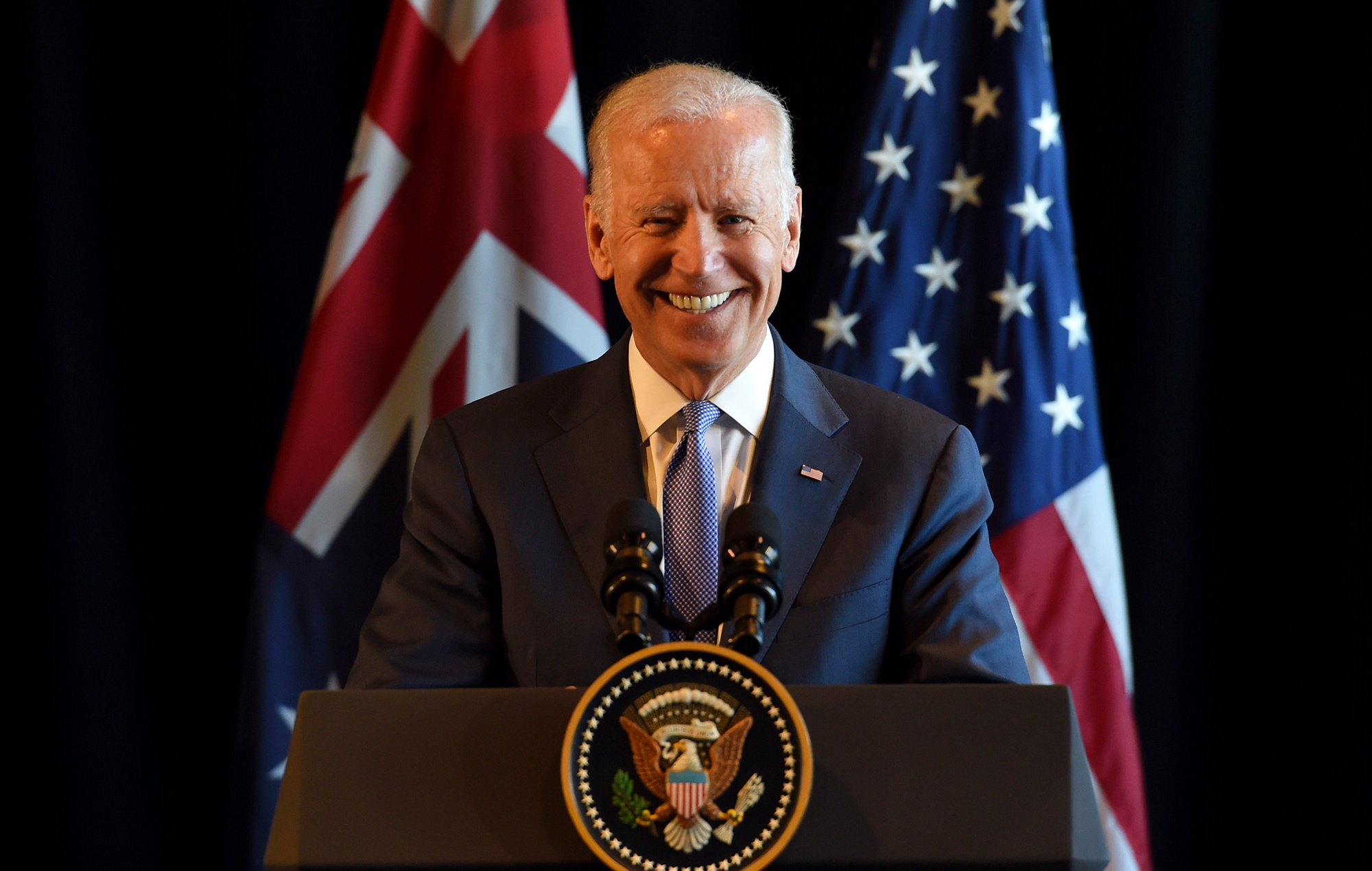
07.08.2022
16:14 PST
SF Bay Area, CA – Agilely, US industrial policies stipulate with disparity over the pending supply chain backlog of clean energy reform from the Gulf Coast. Symmetrically, US oil majors are bewildered with a clean energy bill which eradicates energy transition into alternative energy for almost a decade. Duly, energy transition weighs on the oil majors which are secluded in climate security policies for the Gulf Coast. Studiously, the US oil majors are steering toward slower inflation-related trends with the clean energy bill as energy transition include climate security policies.
Industriously, US President Joe Biden issued a statement saying that the bill would "improve our energy security and tackle the climate crisis." Feasibly, US oil majors are engulfed in efforts to slow rising inflation-related expenses with the clean energy bill.
DETAILS TO FOLLOW
climate security |
energy transition |

[Top]
 US Gulf Coast
US Gulf Coast 
 |
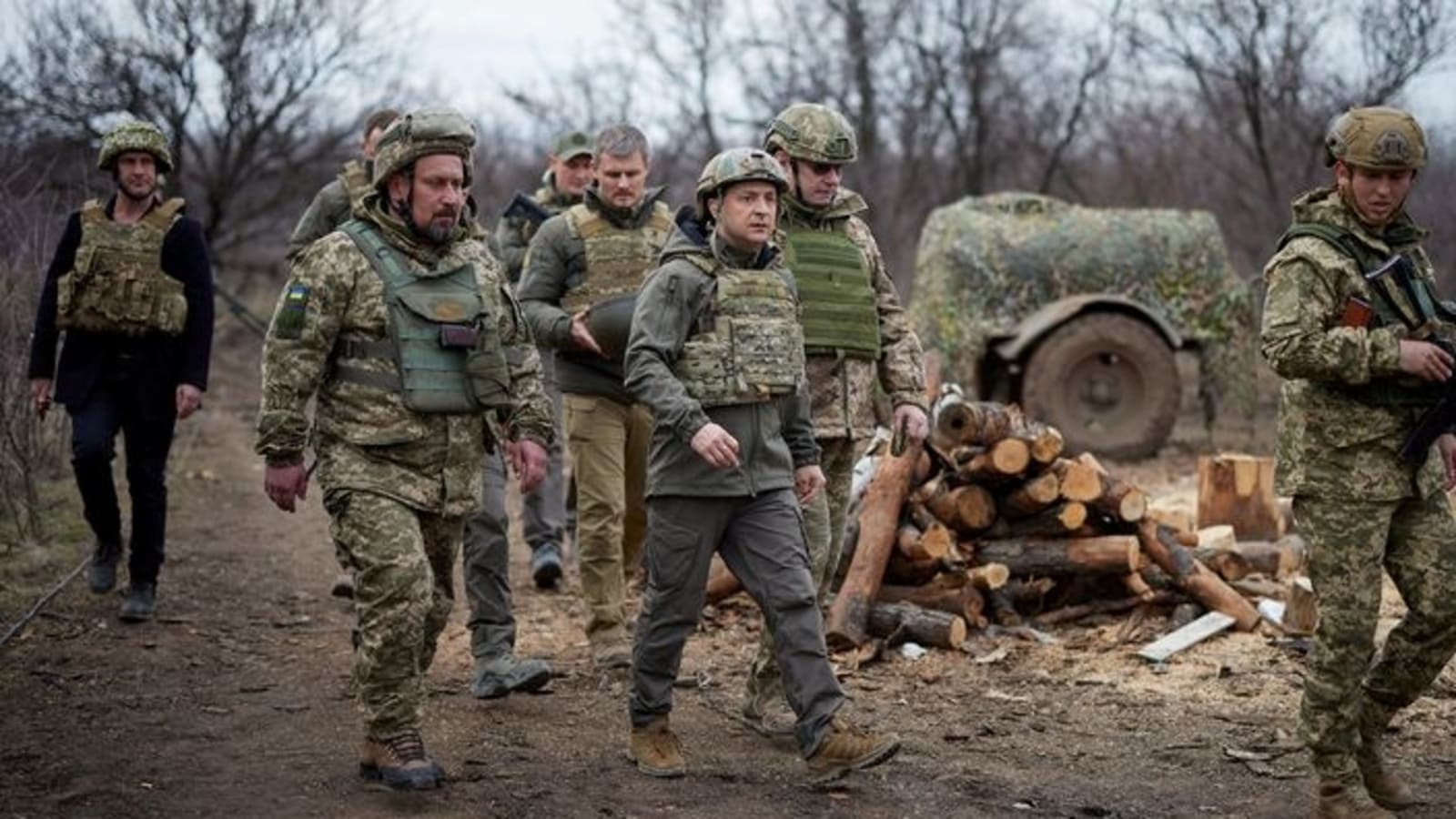 |
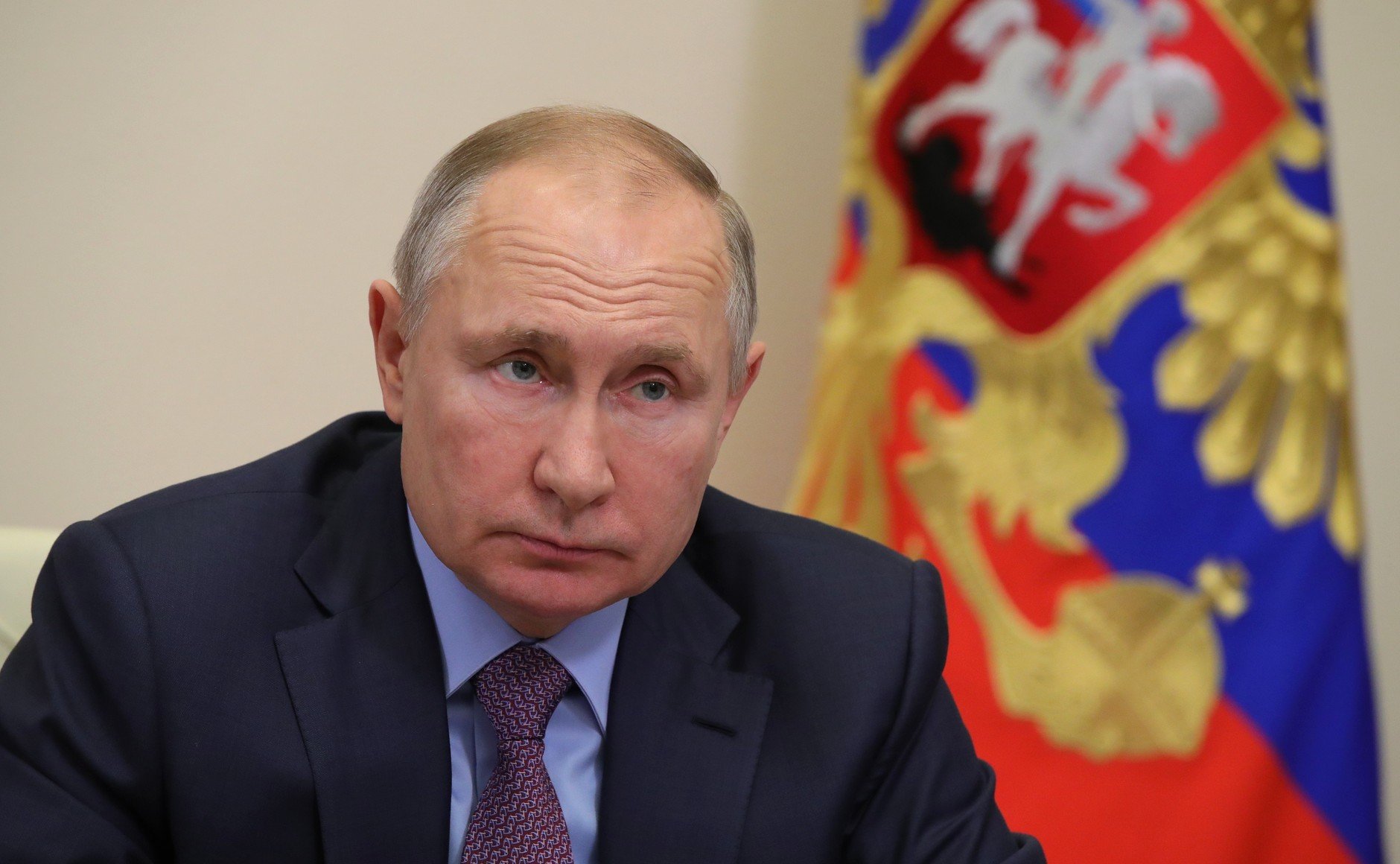 |
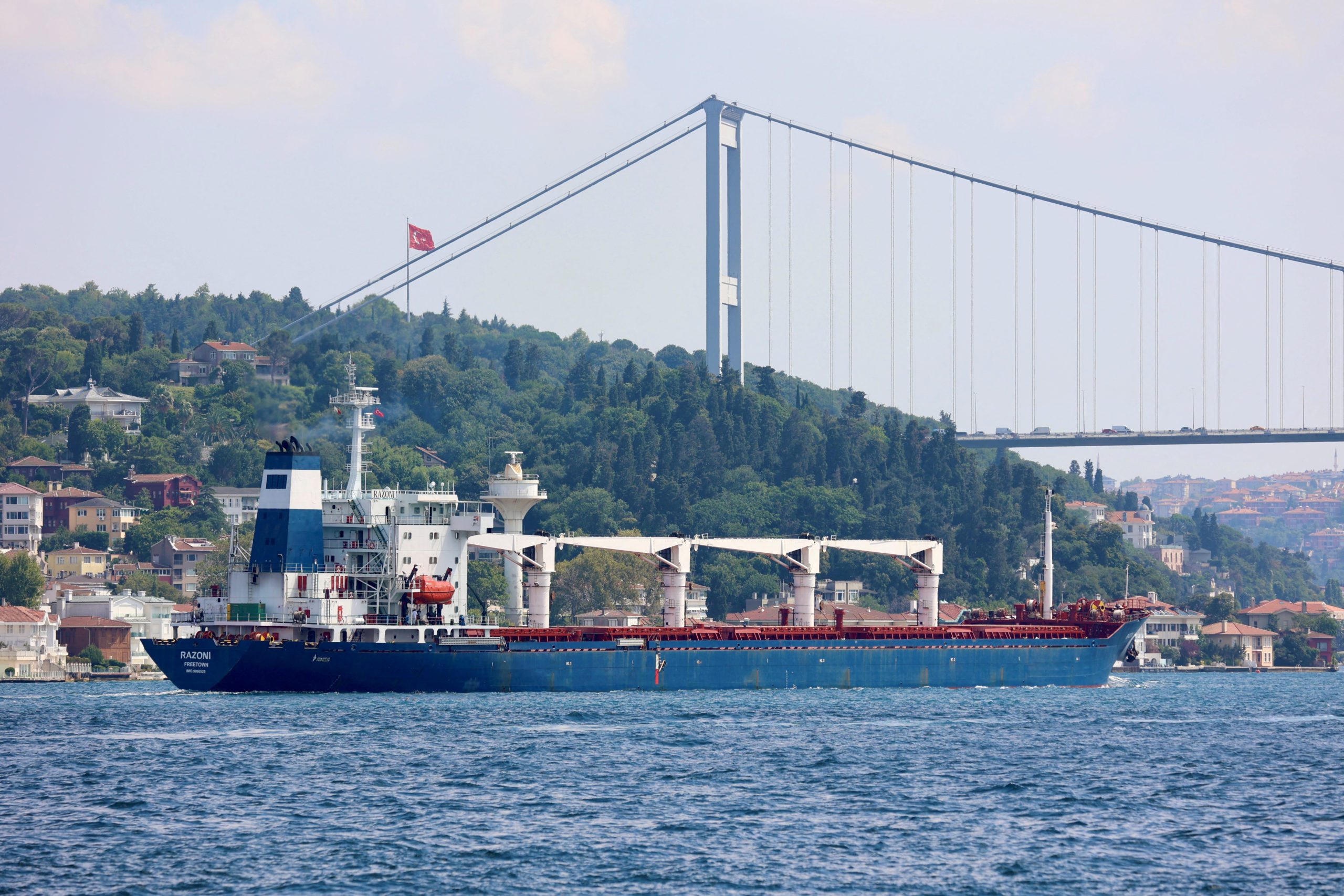 |
 |
Zionist Imperialism
|
|
 |
|
 War in Ukraine Signals New Global South Conflict
War in Ukraine Signals New Global South Conflict 
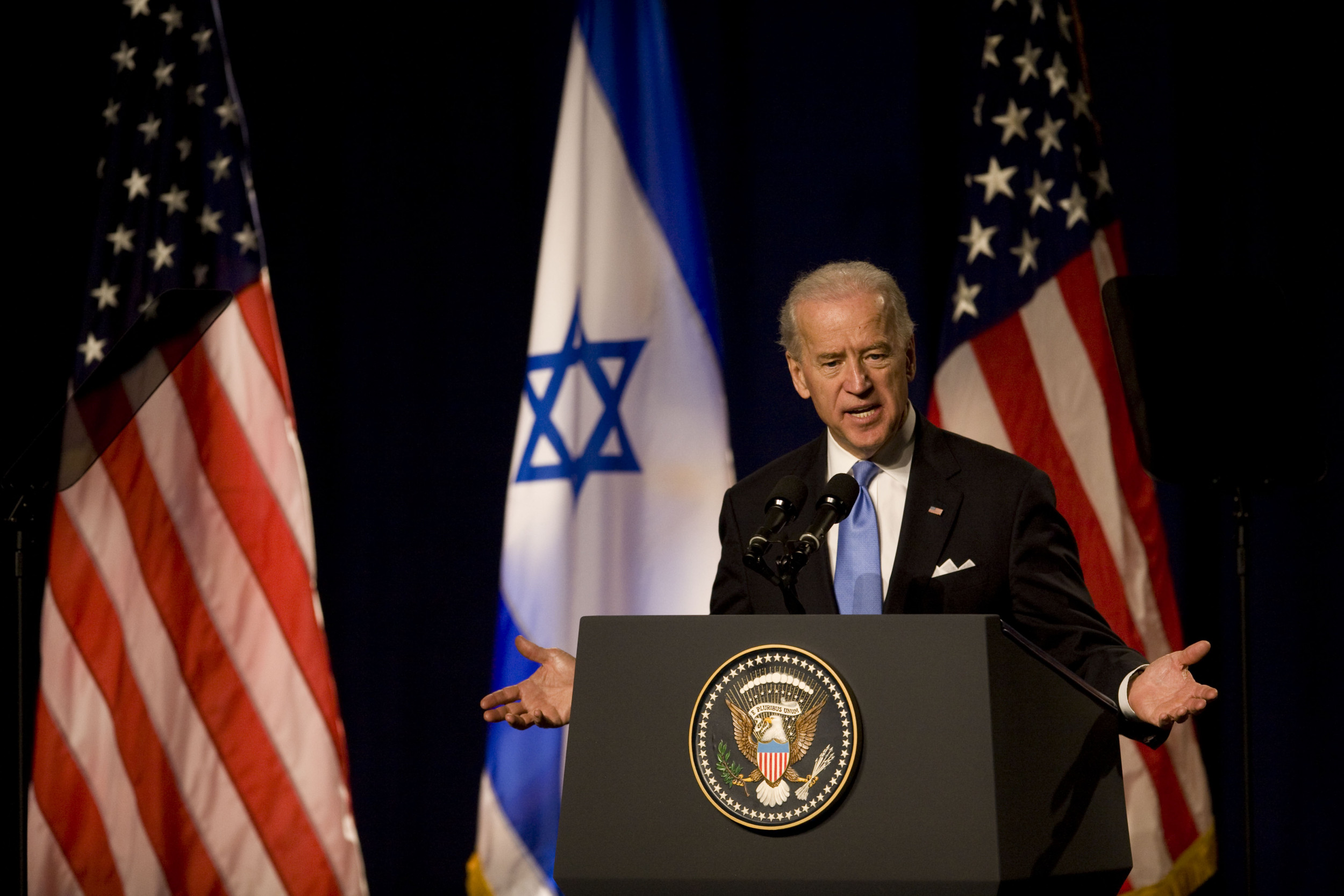
31.07.2022
05:03 PST
SF Bay Area, CA – Abruptly, a drone strike against the Black Sea fleet naval HQ in Sevastopol which injured six people signals a major shift on the scope of the Ukraine war as the conflict embodies the Global South. Factually, the US is ensuing global dominance while sustaining its pivot to Asia which perpetuate growing hostilities over trade embargoes against emerging economies in the Global South. Additionally, arbitrary Western defense blocs such as: AUKUSA, PBP, NATO and Quad4 accelerate arm races in Russia, China, North Korea, India, Iran and Mexico. Effectively, Russian President Vladimir Putin approved a new Maritime Doctrine following the Ukrainian terrorist attack against the HQ of the Black Sea fleet in Sevastopol.
Notably, the doctrine states, "The major challenges and threats to the national security and the sustainable development of the Russian Federation related to the World Ocean are: the US strategic course towards dominance in the World Ocean and its global influence on international processes, including those related to the use of transportation lanes and energy resources of the World Ocean."
Substantially, deployment of the Avangard hypersonic weapon against Ukrainian forces, foreign fighters and regime which aim to suppress international trade and military cooperation in Russia signals a new Global South conflict. Likewise, use of nuclear force against Ukraine triggers an adequate response to Western sanctions and prolonged specter in the Global South. Vitally, the new Maritime Doctrine enforce the protection of exclusive economic zones, the Arctic basin and other areas which foster development for the Global South. Importantly, the doctrine includes safeguarding the Caspian Sea and Sea of Okhotsk which improves climate security policy toward hostile states and sponsors of terrorist groups.
Black Sea fleet |
Global South |
AUKUSA |

 US Sanctions Against Russia Ignites the Global South
US Sanctions Against Russia Ignites the Global South 
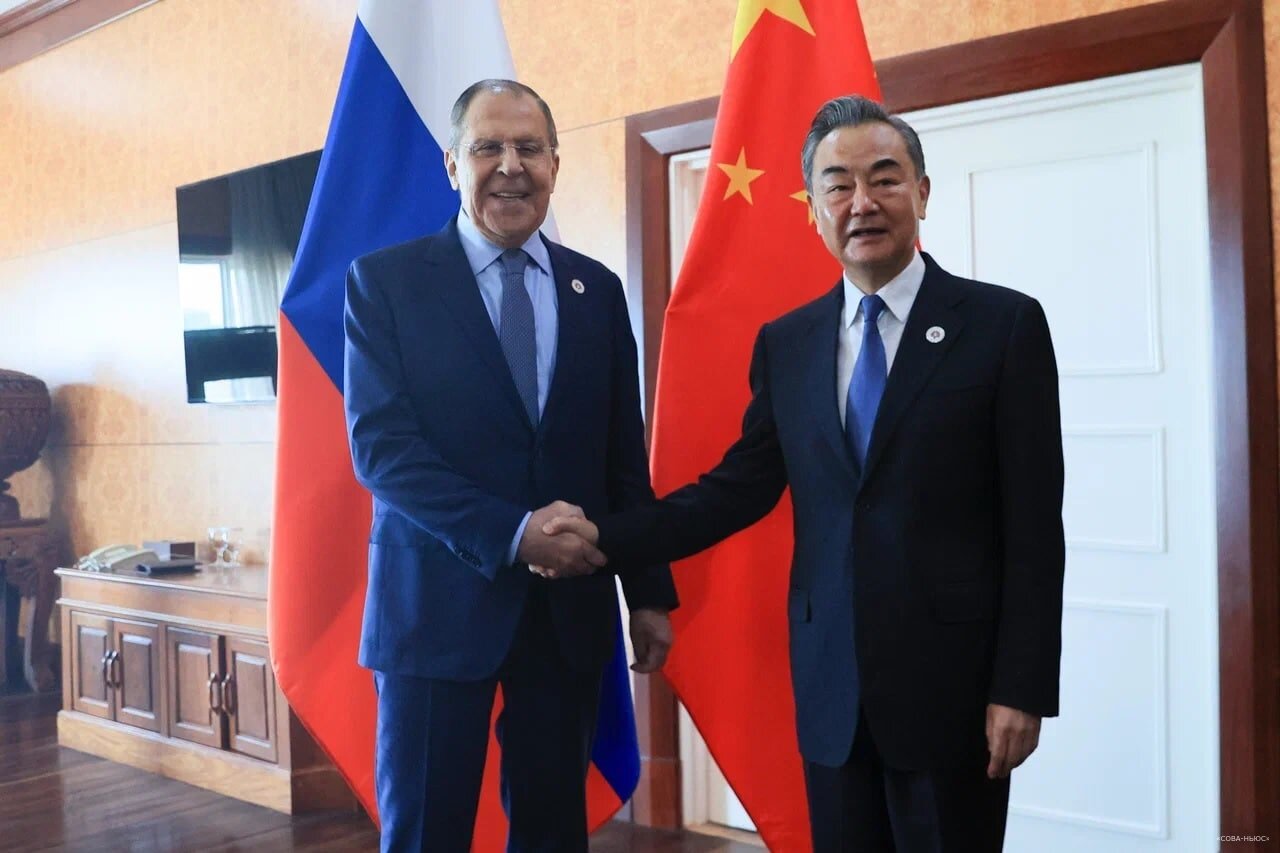
31.07.2022
07:14 PST
SF Bay Area, CA – Ineluctably, economic expansion for the Global South ignites over US sanctions against Russia as Belarus improve trade agreements with Iran, India and Vietnam. Successfully, Belarus and Iran have developed the mining industry at a rapid pace with delivery of heavy equipment such as dump trucks which increased year-on-year bilateral trade by 35.6%. Meanwhile, Belarus seeks development on an entire range of sectors with India in cooperation for the Global South as US economic sanctions isolate the West over energy insecurity. Logistically, Belarus is building stronger ties in the Global South as new trade initiatives with Laos, Cambodia and Myanmar include joint ventures from Vietnam.
Distinctly, Vietnam does not support Western sanctions against Belarus which are tied to the new Maritime Doctrine adopted in Russia. Assuredly, Ambassador Extraordinary and Plenipotentiary of Belarus to Vietnam Vladimir Borovikov mentioned, "It [Vietnam] sincerely supports us on the issues of mutual interest. We are grateful to the Vietnamese side for this and assume that Vietnam will be a strategic partner for us in Southeast Asia."
Simultaneously, Russia is improving energy security on the Black and Azov Seas to ensure transportation and processing of hydrocarbon resources while planning expansion for port facilities in the Baltic Sea. Decidedly, the new Maritime Doctrine specifies, "In the Baltic Sea: the development of domestic coastal and port infrastructure - railways, logistics centers, and port facilities, including specializing in the processing and transportation of hydrocarbon resources, in the interests of re-orienting exported and imported cargoes to domestic ports." Globally, Russia is prepared to increase energy, climate and food security with shipments of the Zircon hypersonic missile system which is capable of alleviating environmental threats posed by various extremist groups.
Global South |
Southeast Asia |

 Higher Inflation Hamper Gulf Coast Oil Majors
Higher Inflation Hamper Gulf Coast Oil Majors 

31.07.2022
15:43 PST
SF Bay Area, CA – Expectedly, second quarter revenue of the biggest US oil companies are shattering previous highs set during the first quarter while geopolitical uncertainty remains a major issue on the Gulf Coast. Primarily, supply chain dispersion of oil field services on the Gulf Coast hamper the oil majors ability to meet growing US demand from the energy ban against Russia. Precisely, shortages in drilling equipment add to the disruption of oil field services and weigh against higher prices from inflationary trends. Inherently, the US oil majors are gravitating in the volatile energy market with added pressure against rising inflation.
Moreover, tensions from the Gulf Coast between the US and Mexico over energy policies which favor state-owned businesses has expanded beyond the scope of inflationary pressure on the oil majors. Essentially, economic expansion in Mexico exceeds the capacity for US oil majors to integrate the energy sector as the Global South improves energy transition and climate security.
DETAILS TO FOLLOW
Global South |
oil |

 Syria Epicenter for Stabilizing Food and Energy Crisis
Syria Epicenter for Stabilizing Food and Energy Crisis 
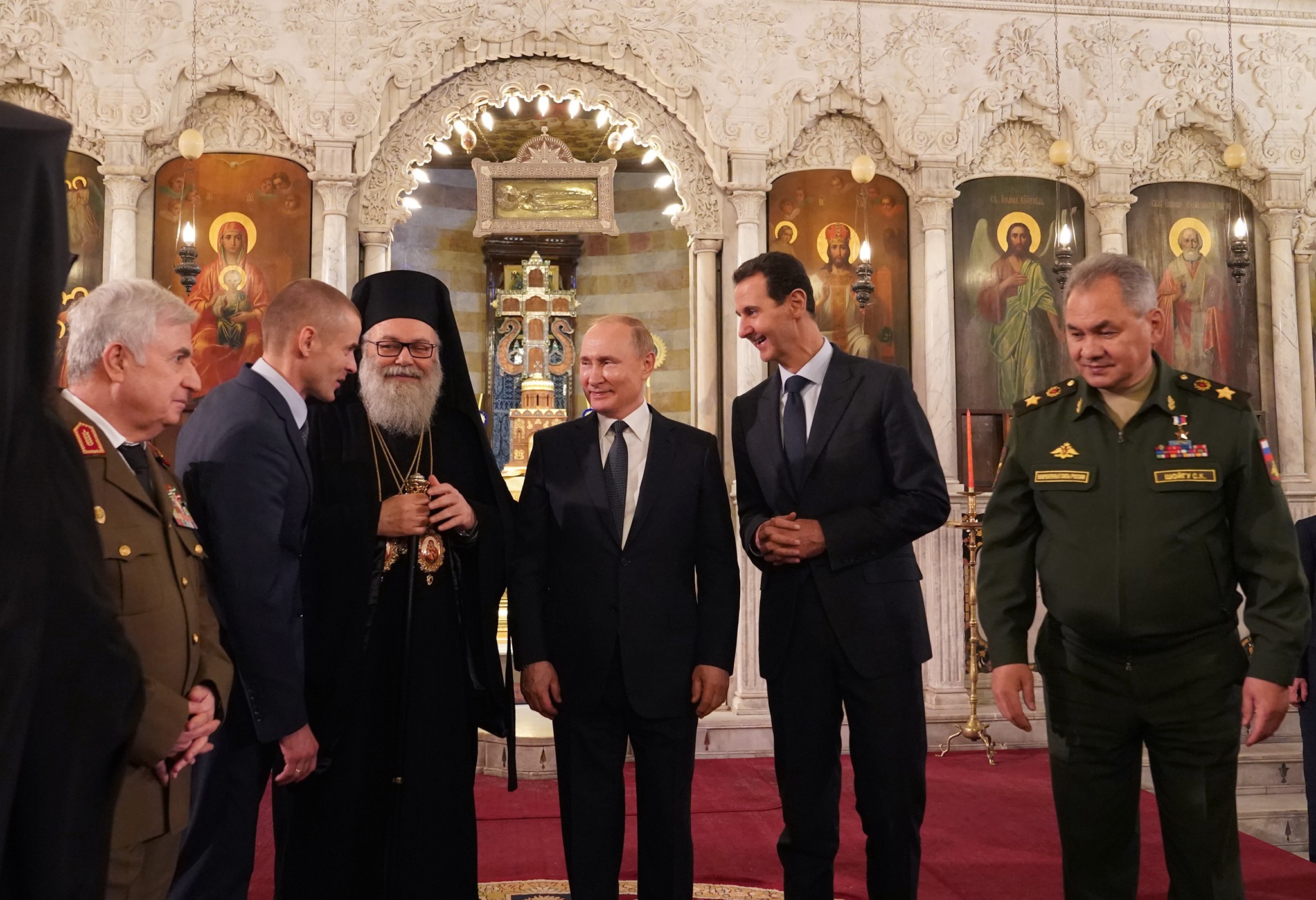
31.07.2022
19:04 PST
SF Bay Area, CA – Assertedly, Syria is becoming a regional epicenter for stabilization in food and energy security policy as local challenges include rebuilding the Arab League. Methodically, Syria, Turkey, Iraq and Iran are in the forefront to eradicate both illegal US military bases which are used to train outlawed Kurdish People's Protection Units (YPG) among other militia groups. Explicitly, Turkish Foreign Minister Mevlut Cavusoglu indicated, “We will give all kinds of political support to the work of the [Syrian] regime in this regard. It is the most natural right of the regime to clear a terrorist organization in its own territory.”
Indicatively, Algeria is reassuring regional stability from the Arab League as parameters for food and energy security are established in the Arab world while advocating Syria's return to the international arena. Considerably, Syria is a founding member of the Arab League which has coordinated a joint military force to navigate against growing extremism from various terror networks.
Suitably, Iran has launched an anti-terror movement which stipulates the importance of fighting extremism with territorial integrity as networks of US-backed militia react to failed diplomacy. Adequately, the Arab League establishes a platform to eliminate extremism while stabilizing the food and energy crisis which is exacerbated over normalized ties to Israel. Respectively, Syrian President Bashar al-Assad stated, “What matters to Syria is the mechanisms, methods and the outcomes of the joint Arab action, as it is more concerned with actions than remarks.” Similarly, unified efforts in Syria to eliminate illegal US military bases enables the Arab League to expand economic, military and political cooperation into Central Asia.
food security |
energy security |
energy crisis |

[Top]
 Intra-Afghan Peace
Intra-Afghan Peace 
 |
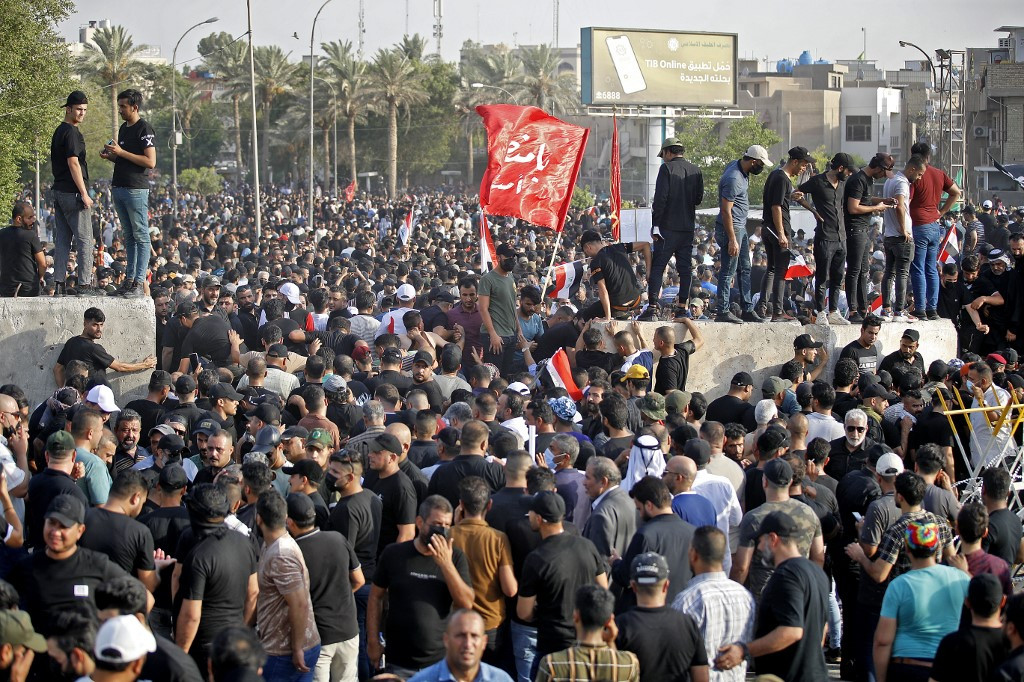 |
 |
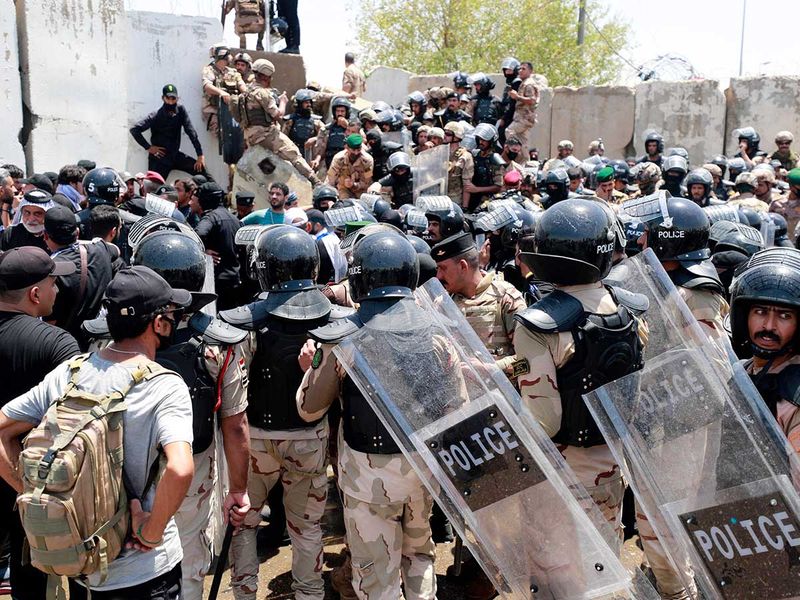 |
 |
The Roll Call
|
|
 |
|
 UN Gathers for Month Long Review of Non-Proliferation Treaty
UN Gathers for Month Long Review of Non-Proliferation Treaty 

01.08.2022
22:44 PST
SF Bay Area, CA – Inadvertently, US President Joe Biden is seeking talks with Russia to replace the New START arms control framework which expires in 2026. Warily, the US is escalating negotiations over international security as the UN gathers for a month long review of the Non-Proliferation Treaty (NPT). Haphazardly, the US has emphasized freedom of naval navigation to distinguish the AUKUSA, PBP and Quad4 defense pacts which lack sufficient arms control cooperation with Russia, China, North Korea and Iran. Affirmatively, the Russian delegation to the UN review of the NPT mentioned, "It was the United States that unilaterally withdrew from the dialogue on strategic stability with Russia citing the developments around Ukraine as a pretext."
Frivolously, the US is engaged with arm control negotiations which fall in the shadow of major hostilities over freedom of navigation rights and trade wars. Pertinently, failure to denuclearize the Korean peninsula clouds the month long review of the NPT which weighs against the UN Command in South Korea.
DETAILS TO FOLLOW
AUKUSA |
arms control |

 US Diplomacy Ineffective With Rebuilding Afghanistan
US Diplomacy Ineffective With Rebuilding Afghanistan 
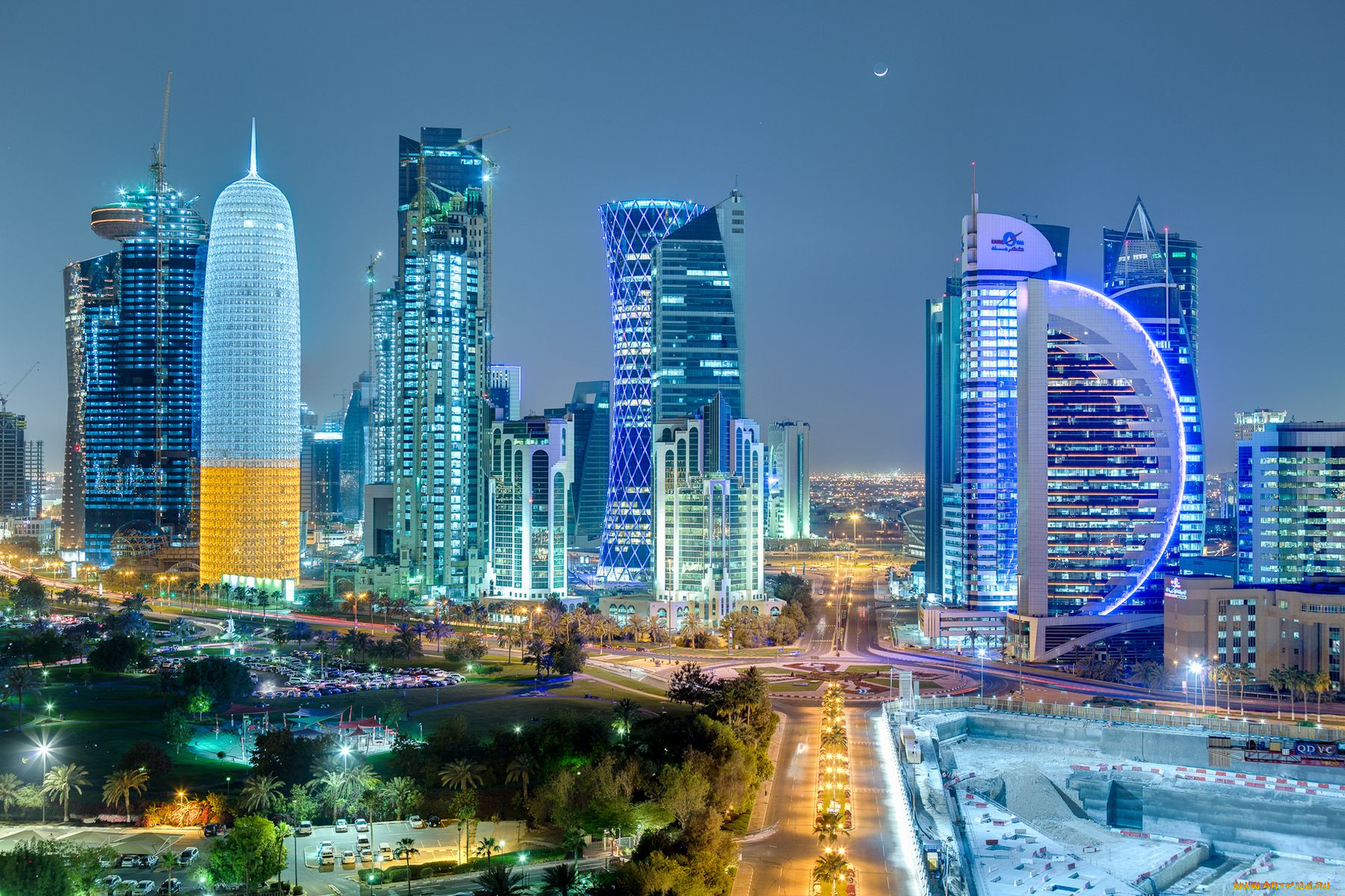
02.08.2022
12:01 PST
SF Bay Area, CA – Deftly, the US is resorting on Afghanistan to pursue economic parity with emerging economies of scale which is visible from the recurrence of arbitrary sanctions. Ostensibly, the US froze nearly $10 billion in assets belonging to the Afghan central bank upon the withdrawal of troops from the nation in 2021. Tangibly, the US blocked the Taliban from withdrawing funds from held accounts with the New York Federal Reserve and other US-based financial institutions. Turbulently, the US is seeking to ameliorate relations with the Taliban while intensifying military tensions embedded in normalized ties from Israel.
Regionally, the West is bridging reconstruction in Afghanistan with humanitary aid to relieve pressure against the US Treasury while aiming to control the Persian Gulf states. Internationally, the US is abased with military aid to Ukraine in the war against Russia which is linked to tensions from the Middle East.
Publicly, US Chargé d’Affaires Ian McCary mentioned, “We have also coordinated humanitarian assistance with the UN and international partners; The US remains the largest donor to international relief efforts in Afghanistan; we have provided more than $775 million in humanitarian assistance since August 15, 2021.” Largely, the US has boosted consular services to citizens with ties in Afghanistan as leverage against diplomatic barriers from the Taliban. Abnormally, the flux from US humanitarian assistance converges with the opiod crises in war torn Afghanistan. Dauntlessly, the McCary added, “If the Taliban hope to gain the acceptance of the int’l community, they must listen to & honor the views of all Afghan people & respect human rights.”
Afghanistan |
Taliban |

 War in Ukraine Isolates UN Command
War in Ukraine Isolates UN Command 

05.08.2022
12:29 PST
SF Bay Area, CA – (proliferation from Seoul)Transparently, the United Nations assembly is reviewing the Treaty on the Non-Proliferation of Nuclear Weapons (NPT) over global escalation from war in Ukraine. Assiduously, the US is mangled from military tensions in Taiwan which disrupts outreach for the UN Command while diminishing denuclearization negotiations with North Korea. Diligently, the UN assembly is pressing US President Joe Biden with existing tensions from Ukraine which are igniting over dwindling cooperation in international security. Astutely, China has accelerated aggression over Taiwan as US officials grapple with slumber from the UN Command as isolation increases from review of the NPT and war in Ukraine .
DETAILS TO FOLLOW
UN Command |
Taiwan |

 Hezbollah Mounts Growing Sentiment for War Against Israel
Hezbollah Mounts Growing Sentiment for War Against Israel 
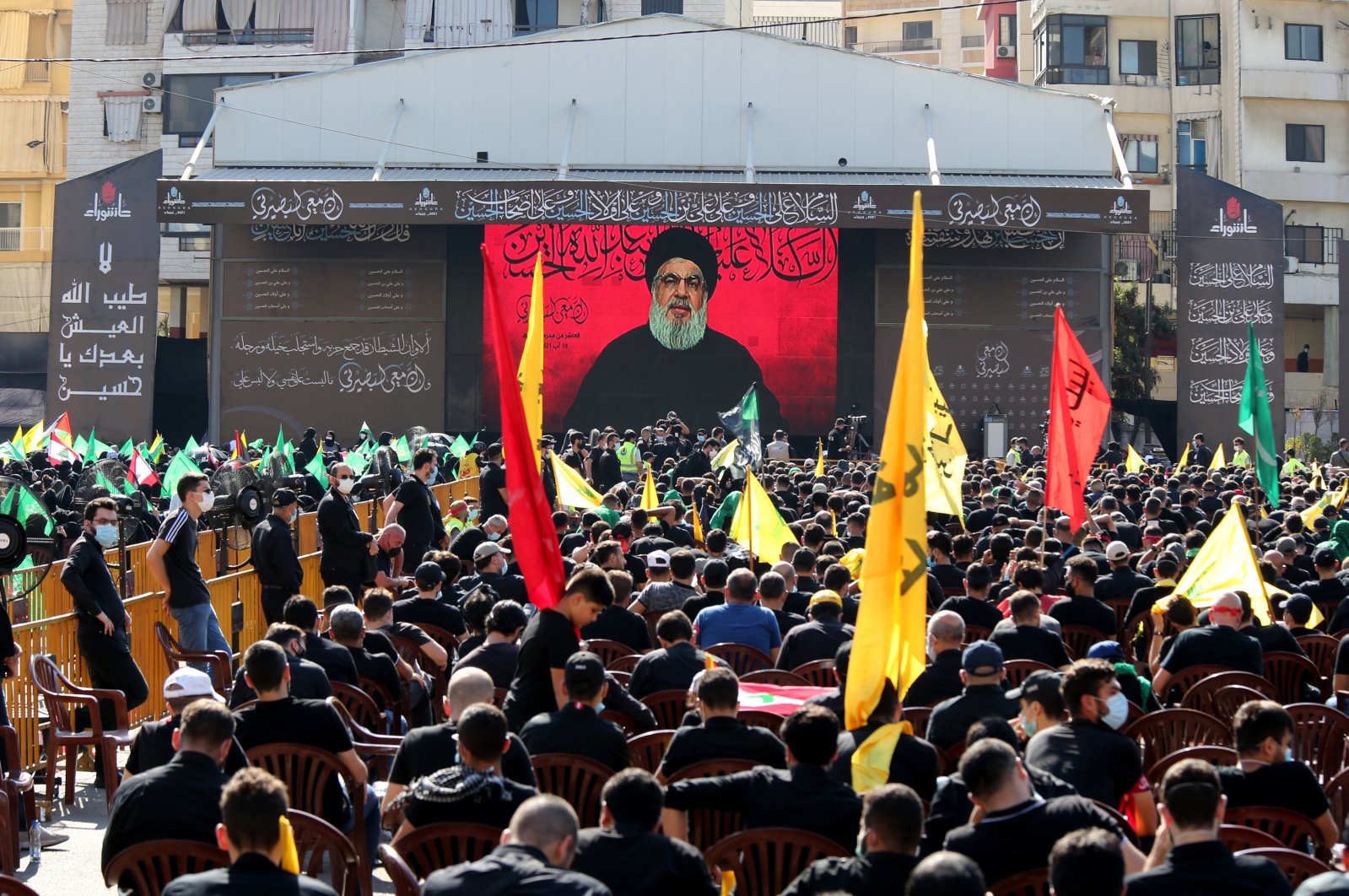
05.08.2022
13:11 PST
SF Bay Area, CA – Subtly, Iran is empowering the Palestinian Islamic Jihad resistance movement which thwarts illegal oil exploration in Israel. Discreetly, regional normalized ties with Israel emboldens military occupation in Syria, Palestine and Iraq as the US broker rapid response training to ISIL networks. Persistently, US troops in Iraq and Syria have illegally seized lucrative oil fields which inflames exploration in Israel. Timely, Hezbollah is mounting growing sentiment for war against Israel over occupation in Syria, Palestine and beyond.
Vigilantly, Hezbollah is undertaking US attempts to seize control of Persian Gulf states with normalized ties in Israel as oil exploration for Lebanon implicates an inevitable war over Israeli occupation. Briskly, Lebanon has established a missile strategy which penetrate Israeli oil fields while Iran expand naval fleets in the Caspian Sea and Persian Gulf.
Warily, Israel is launching a new arms race with Iran from Syria which restricts the impact of US economic sanctions as rising demand for energy security poses against the US currency crisis. Subjectively, Israel is facing obstacles from the impact of US sanctions which is dwindling over new trade agreements to expand military cooperation with the resistance movements. Equitably, Hezbollah Deputy Secretary General Sheikh Naim Qassem mentioned, “Everyone knows that Hezbollah facilitates coordination and alignment of standpoints between the resistance front and the government so that Lebanese officials assert the country’s rights on a strong footing.”
Israel |
Hezbollah |
Persian Gulf |

[Top]
 The Indian Pass
The Indian Pass 
 |
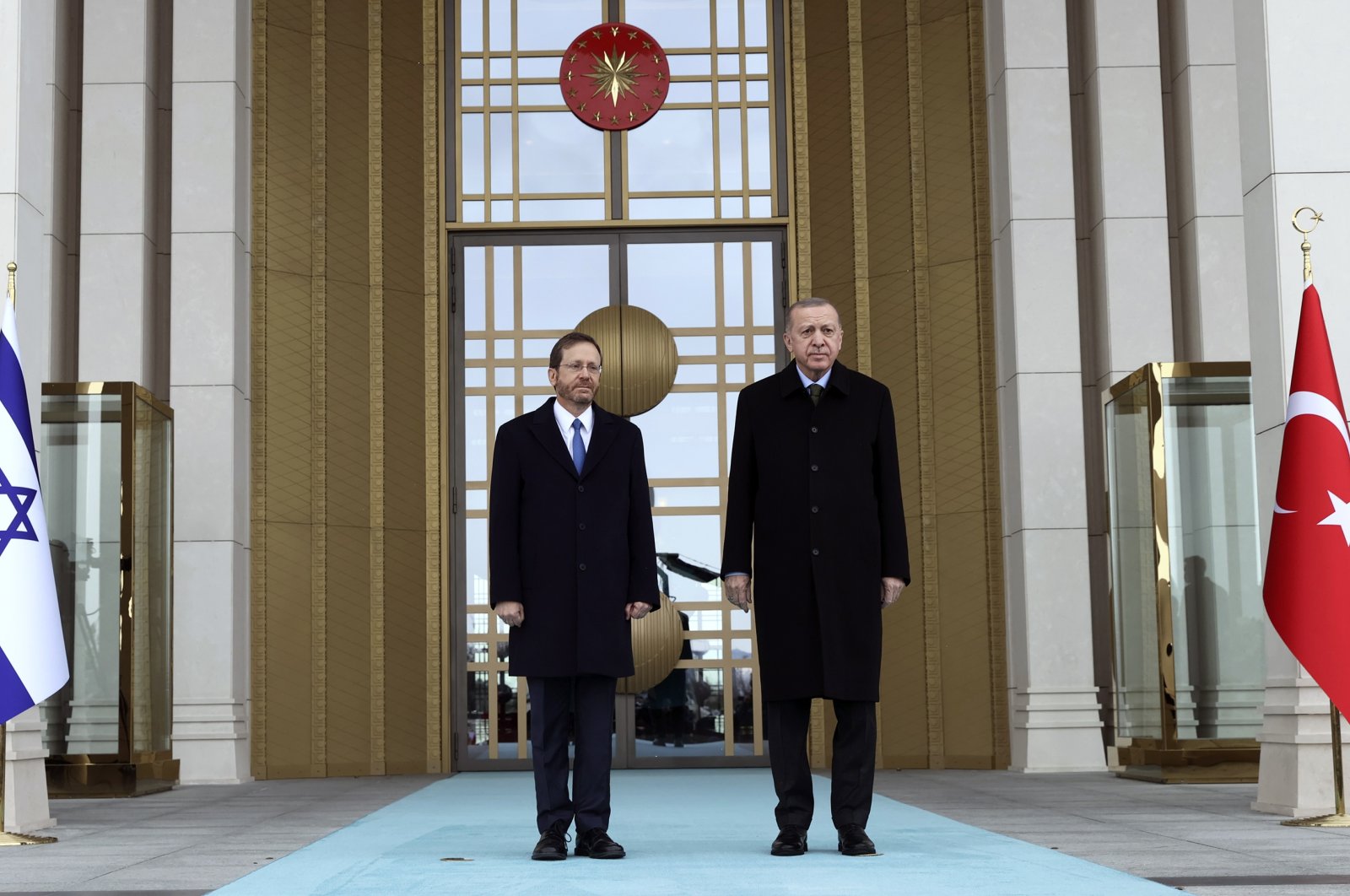 |
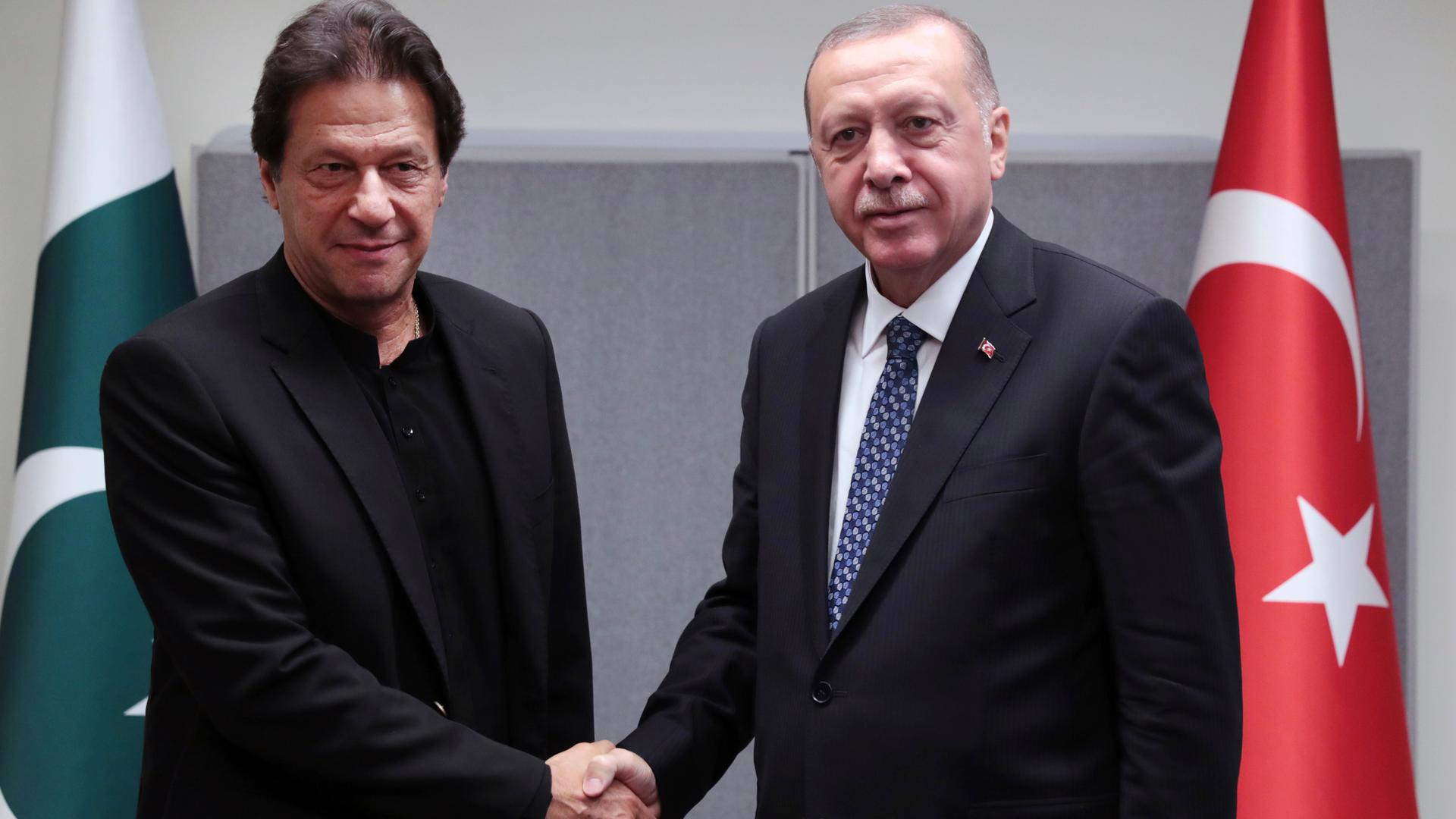 |
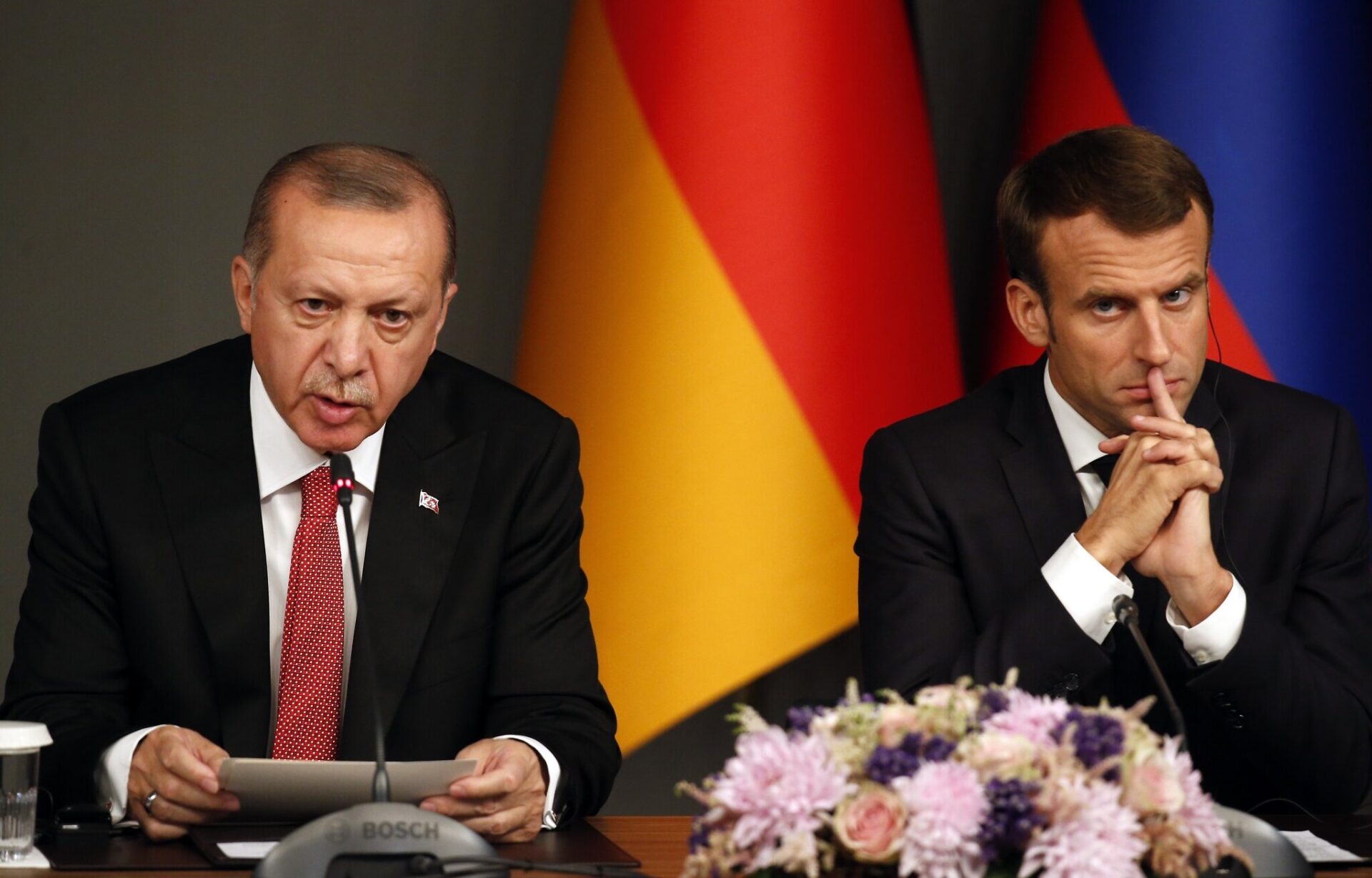 |
 |
At the Heart
|
|
 |
|
 China Prompted to Military Force Over Security in Taiwan Strait
China Prompted to Military Force Over Security in Taiwan Strait 
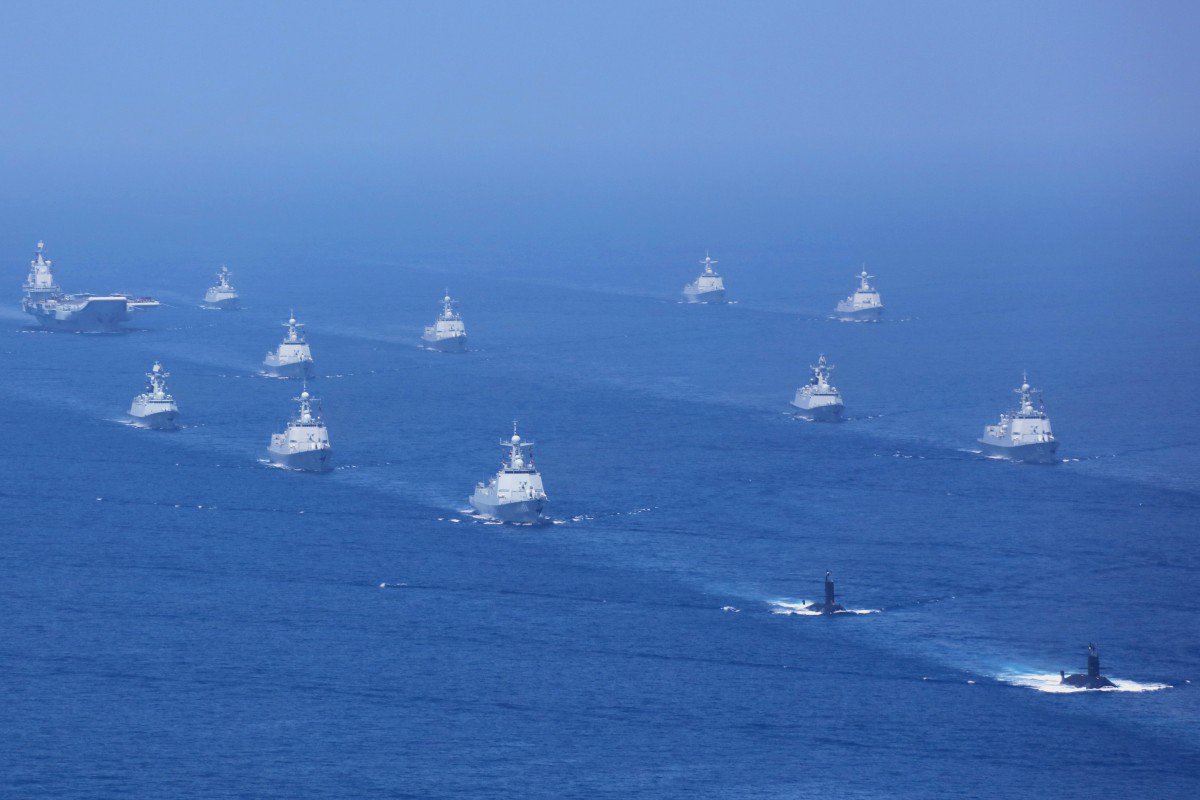
06.08.2022
14:24 PST
SF Bay Area, CA – Intensely, China has ceased cooperation with the US on several accords including climate security, illegal trafficking and international security as tensions over security in the Taiwan Strait accelerate. Rapidly, China has expanding military drills to include breaching the median line in the Taiwan Strait to stabilize ASEAN nations while dispositioning the isolated island from US military cooperation and independence. Accurately, China has banned imports and exports from several businesses supporting an independent Taiwan as security in the Taiwan Strait overshadows from ASEAN members.
DETAILS TO FOLLOW
Taiwan Strait |
ASEAN |

 Japan Poised in G-7 for Geopolitical Shifting Over Taiwan
Japan Poised in G-7 for Geopolitical Shifting Over Taiwan 
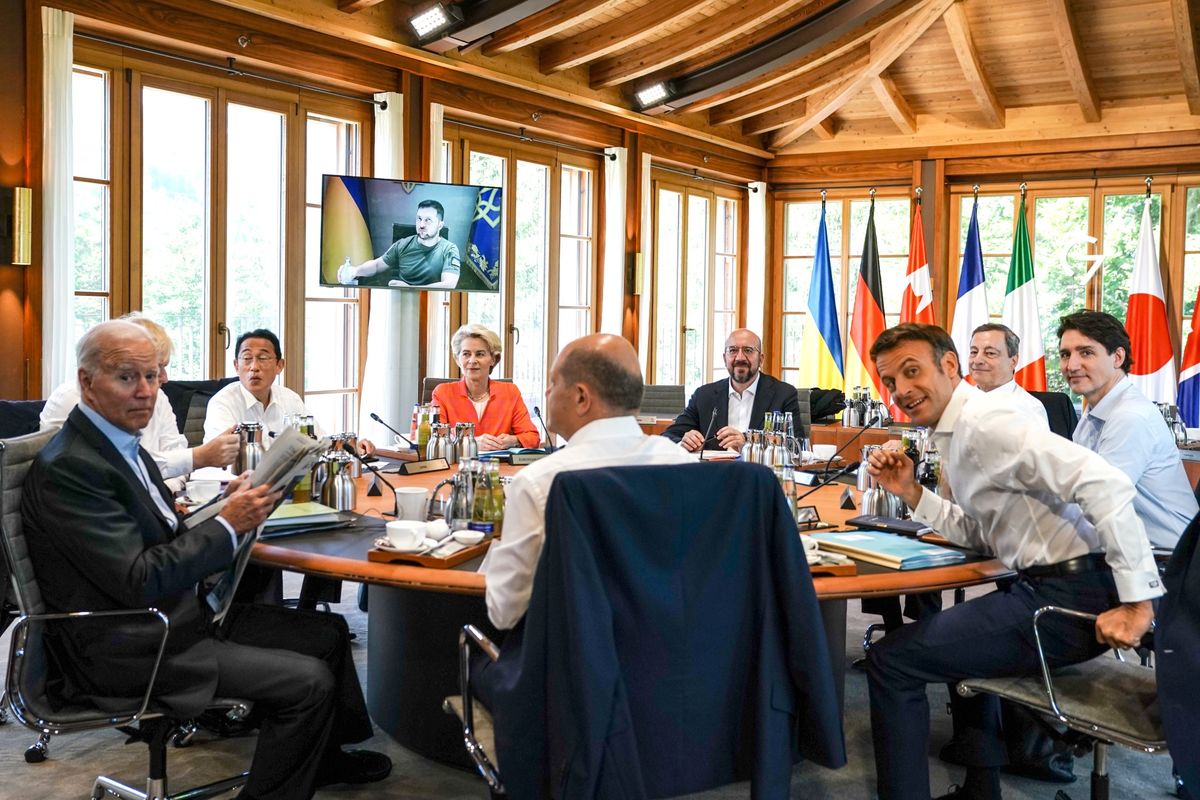
06.08.2022
15:33 PST
SF Bay Area, CA – Recently, the G-7 which includes the European Union massed against China in protest over the military response to US political fanfare with Taiwan. Patently, the G-7 issued a statement indicating, "There is no justification to use a visit as pretext for aggressive military activity in the Taiwan Strait," the statement adds, "escalatory response risks increasing tensions and destabilizing the region." Judiciously, Japan is aiming to improve relations with China which subverts the G-7 from the expansion of ASEAN economies. Overtly, the G-7 is hindered with rising tensions in the Taiwan Strait as US sanctions permeate the global economy.
Resultantly, China's Vice Foreign Minister Deng Li admonished Japan with massing protest in the G-7 over the historical 50-year colonization of Taiwan. Forcibly, the G-7 embellishes Japan ties to China which generates political shifting for the European Union.
Imperatively, Japan has asserted cooperation with ASEAN members over junta-controlled Myanmar as violent oppression destabilizes the region and tensions from Taiwan grip the G-7. Legitimately, Japan is poised in the G-7 over seclusion in the European Union which weighs against US political fanfare with Taiwan. Unaffectedly, geopolitical shifting with ASEAN members enables Japan to build stronger ties in China and the European Union. Prodigiously, Japanese Foreign Minister Yoshimasa Hayashi stated, "In times like this, when the situation is tense, communicating well is important. Japan is always open to dialogue with China."
ASEAN |
G-7 |
Japan |

 India Expands Electronic Warfare Readiness
India Expands Electronic Warfare Readiness 
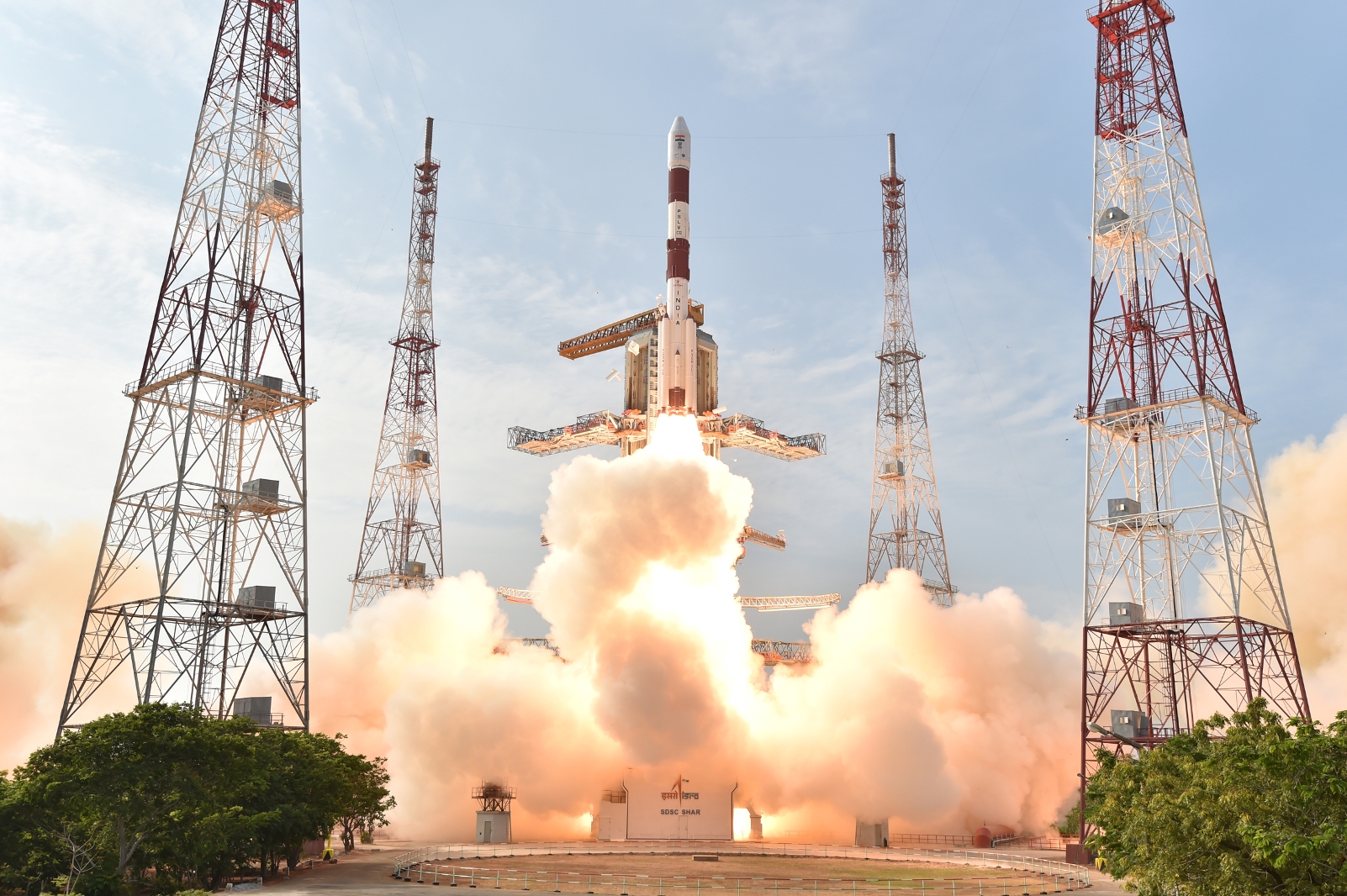
06.08.2022
17:35 PST
SF Bay Area, CA – Broadly, India is testing the resilience of the Indian Space Research Organisation (ISRO) with military drills to improve satellite communication systems while developing business solutions with artificial intelligence (AI). Expansively, India's Army reassured readiness of all space-based assets which are vital to climate security as tensions over the war in Ukraine persist. Ardently, the Army accelerated studying military communications and electronic warfare while focusing on the war in Ukraine to include: static terminals, transportable vehicle-mounted terminals, and small form factor man-pack terminals.
Sufficiently, the "Skylight" military drill invigorate business solutions with expansion from climate security which includes broadening artificial intelligence gathering. Meticulously, India's Army is modernizing tactical communication systems for active mobility to improve electronic warfare readiness.
Expressly, the war in Ukraine is driving development of armored vehicles, tanks and helicopters with upgraded reconnaissance and mapping technology to improve rapid communications. Dexterously, India's Army will receive 800 Light Armoured Multipurpose Vehicle (LAMV) assigned with Reconnaissance & Surveillance Platoons for Mechanised Infantry and Armoured Corps. Proficiently, electronic warfare readiness include enhanced battle load for mechanised infantry with state-of-the-art communication sytems. Exceptionally, India's Army emphasized the importance of building negotiation and communication skills to unify business leaders during unforeseen events.
electronic warfare |
artificial intelligence |

 India Increases Business Innovation With Climate Security
India Increases Business Innovation With Climate Security 
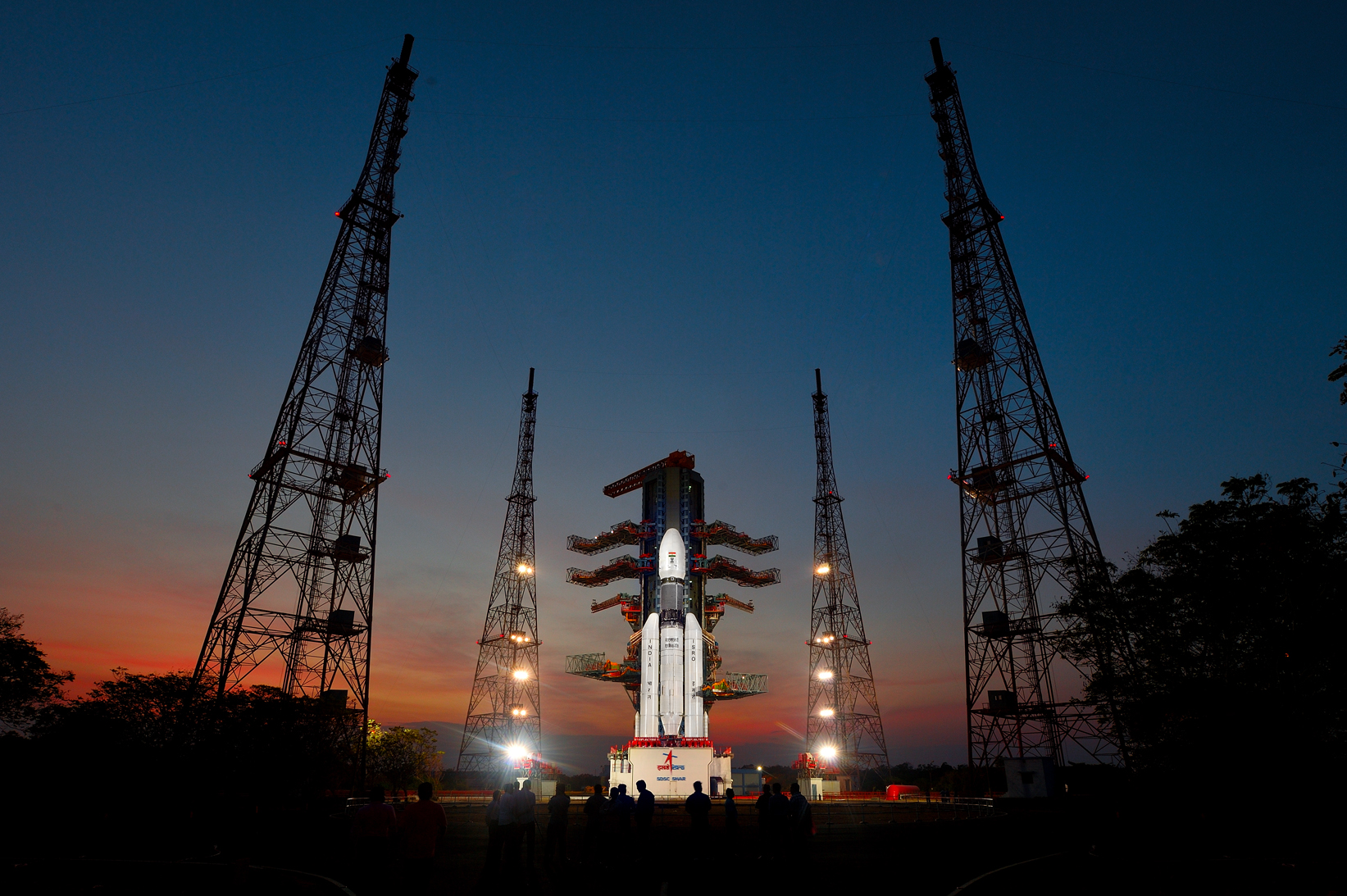
07.08.2022
11:30 PST
SF Bay Area, CA – Rigorously, India is mitigating downward economic pressure from multiple shocks while building innovation from the defense sector. Environmentally, the Indian Army is expanding technology for advanced cross-country multi-purpurse vehicles in high altitudes to increase climate security. Profitably, the Indian Army is increasing business innovation as resources for surveillance provide early warnings to various sectors. Agriculturally, India is facing high volatility as climate related changes produce severe weather conditions which impact harvest. Remuneratively, high altitude surveillance and training improves food and energy security while establishing the framework for economic expansion.
DETAILS TO FOLLOW
Indian Army |
climate security |


